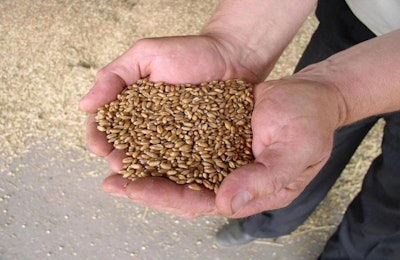
For years, Europe has been pushing South American producers, namely Brazil and Argentina, to not to destroy the Amazon, to use certain pest controls, to be sustainable, to certify they are doing things the way Europe wants and so on. All of this is to comply with their regulations and to be free of sin in the face of their consumers, and with the mandate of not buying from them anymore. As if this was so easy.
It is useless for Brazil to say that it does not destroy the Amazon rainforest or that it does this or that. The pressure is getting worse. Ukraine is so close to the rest of Europe that if Brazilians and Argentinians did not comply with the regulations, then Europe always had the option to source from Ukraine instead. The expense seemed to be of the least importance.
But things have changed. The world order shifted just a couple of weeks ago. And among all the other problems, all of a sudden, availability is the issue and Europe needs grains.
Spain has requested an exception in the European regulations to be able to import Canadian, American and Argentinian corn, as well as Argentinian sunflower. CESFAC, the Spanish feed manufacturers association, said in a press release that “there are currently 13.6 million MT of corn available and unsold in the U.S., 7.5 million MT of corn in Argentina, and 100,000 MT of sunflower seed and 400,000 MT of sunflower meal also in Argentina.” And more grain availability is to come, enough to cover Spanish needs.
Brussels did not hear the Spanish petitions, which were putting lots of pressure on feed manufacturing and animal production, and the unilateral decision was made by Spain to import those commodities from other sources than Ukraine.
I probably would have done the same, but I keep wondering how come, all of a sudden, sustainability, the Amazon, pesticides and other discourses lost all relativity.
What do you think?

















